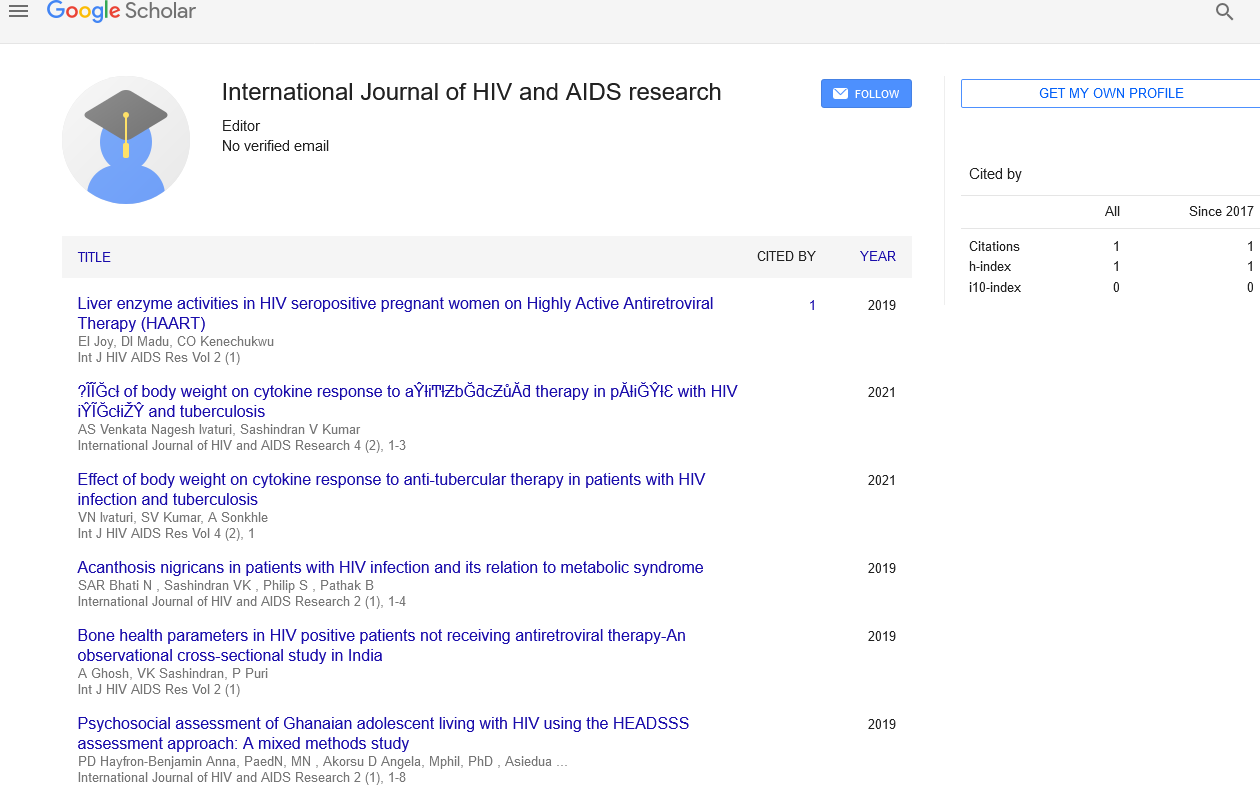
Sign up for email alert when new content gets added: Sign up
Eradication of HIV-1 by genome editing
International Conference on Sexually Transmitted Diseases, AIDS and Parasitic Infections & Parasitology, Infectious Diseases, STDs and STIs
September 21-22, 2017 San Antonio, TX, USA
Niklas Beschorner, Ilona Hauber, Frank Buchholz and Joachim Hauber
Heinrich Pette Institute, Germany
German Center for Infection Research (DZIF), Germany
TU Dresden, Germany
ScientificTracks Abstracts: J HIV AIDS Res
Abstract :
Current combination antiretroviral therapies (cART) efficiently suppress HIV1 reproduction in infected humans. However, cART does not eradicate HIV-1 from the body, necessitating lifelong medication. Therefore, intervention at additional critical steps of the virus life cycle might be indispensable to ultimately achieve an HIV cure. Clearly, the most direct approach to eradicating HIV-1 is the physical removal of the integrated provirus from infected cells. The recent development of technologies for genome editing may possibly soon allow therapeutic targeting of HIV proviral genomes. Designer-nucleases (e.g. CRISPR/Cas9) or engineered recombinases (e.g. tyrosine-type site-specific recombinases) have been shown to efficiently inhibit HIV-1 in tissue culture or in animal models (e.g. humanized mice). However, detailed investigation of these different antiviral genome editing approaches also revealed various undesired effects, in particular the problem of frequent and accelerated viral escape. In this work we have briefly discuss the pros and cons of current antiviral genome editing approaches and present experimental data in inactivation/excision of HIV proviral DNA in various model systems, including primary HIV patient-derived CD4+ T lymphocytes.
Biography :
Niklas Beschorner has studied Biotechnology at University of Applied Science OOW in Emden. He finished his PhD at the University of Hamburg in the group of Professor Hauber at the Heinrich Pette Institute – Leibniz Institute for Experimental Virology, where he is currently perusing his Post-doctoral studies.




